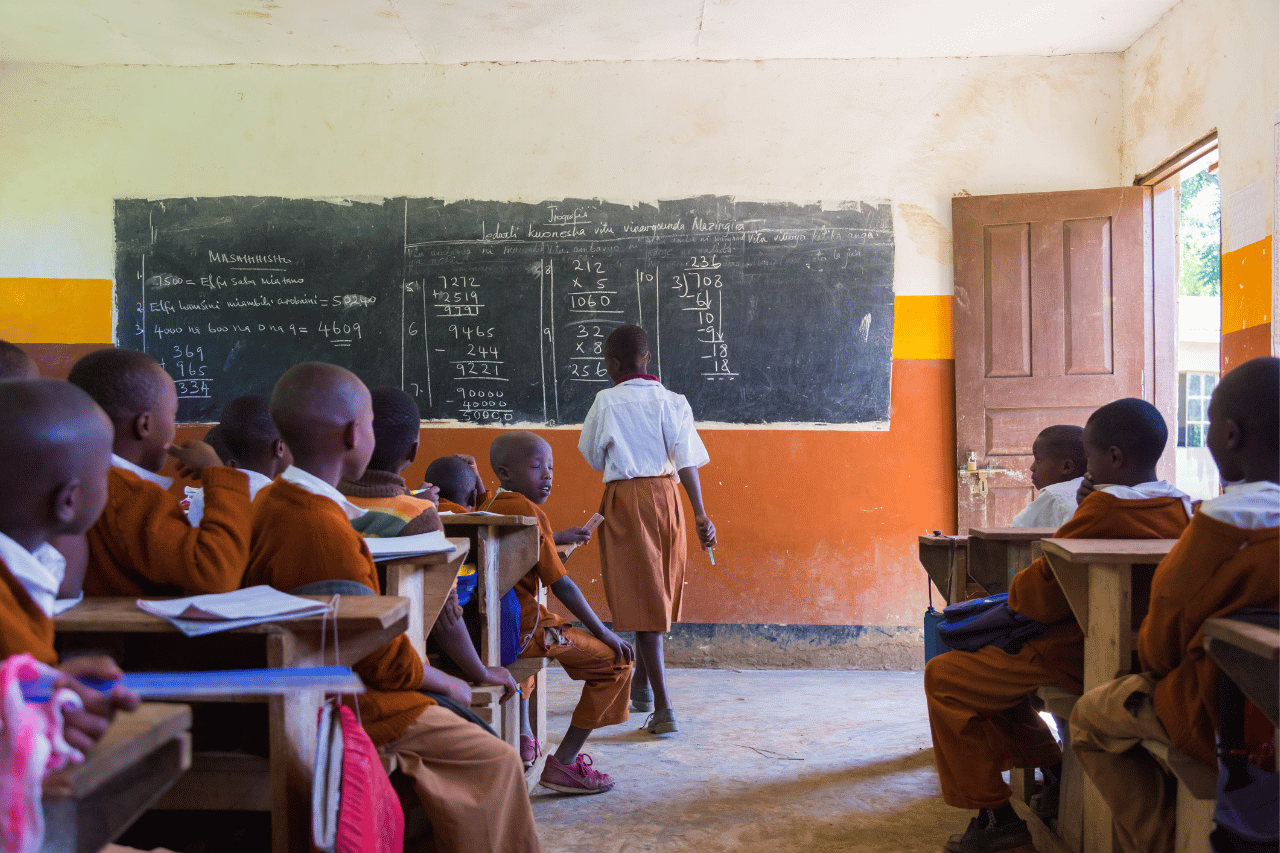
Being a teacher in South Africa comes with both rewards and challenges. Every classroom is full of bright young minds, yet many schools struggle with limited resources and high expectations. Still, teachers continue to find creative ways to inspire and support their students. Education in South Africa is more than just textbooks and lessons—it’s about shaping the future, one learner at a time. By embracing new methods and innovative thinking, educators are turning obstacles into opportunities. Teaching here is not just a profession; it’s a journey of impact and growth. How can we make learning even better for our students? Let’s explore the possibilities together.

Challenges and Opportunities for Teachers in South Africa
Examining the realities faced by educators in South Africa reveals a profession marked by both obstacles and opportunities that influence educational success. Despite the capacity for significant impact, South African teachers often confront issues that can undermine their enthusiasm and effectiveness in the classroom.
One of the most pressing challenges is the pervasive inequality that characterises the South African education system. Schools located in affluent neighbourhood frequently enjoy superior resources, experienced teachers, and modern facilities, while those in less privileged areas struggle to meet basic needs. Research indicates that South Africa has one of the highest rates of educational inequality globally, leading to underperforming students and disengaged educators. This stark disparity raises a critical question: how can educators thrive in such varied environments while ensuring equitable success for all learners?
Identifying the Root Causes
Addressing these issues requires a clear understanding of the fundamental causes behind these educational inequalities. Key factors contributing to the challenges faced by teachers include:
- Inadequate Funding: Many schools, especially in rural and township areas, suffer from insufficient funding, severely limiting access to learning materials and professional development opportunities for educators.
- High Teacher Turnover: The difficult working conditions have resulted in significant attrition rates among teachers, many of whom leave the profession due to burnout, lack of support, or the pursuit of better-paying opportunities elsewhere.
- Curriculum and Policy Pressures: The ever-evolving South African curriculum poses significant challenges for educators, who often struggle to adapt to rapid policy changes, leading to confusion and inconsistency in teaching practices.
By redefining these challenges as opportunities for innovation and growth, teachers can become instrumental in reshaping the educational landscape.
Innovative Solutions and Strategies
Both governmental initiatives and grassroots movements have emerged as substantial catalysts for change. Educators and educational advocates are discovering inventive solutions to address their distinct challenges. Here are several strategies that can be implemented:
- Utilising Technology: Many teachers are embracing technology to develop engaging online lessons, even in resource-limited settings. E-learning platforms can bridge gaps between resources and student engagement, facilitating interactive and adaptable learning experiences. An example is Kaizeni, a South African platform that provides educational resources and training for teachers.
- Peer Mentorship: Establishing mentorship programs enables novice teachers to learn from seasoned educators. This collaboration fosters skill development and cultivates a supportive community that is crucial in an often isolating profession.
- Community Engagement: Actively involving parents and the community can dramatically improve student outcomes. Schools can organise workshops to inform parents about the curriculum and methods to assist their children’s education at home.
- Emphasising Mental Health: Acknowledging the mental health needs of both educators and students is essential. Schools can introduce wellness programs that offer counselling and stress management resources, thereby enhancing the overall educational environment.
Practical Applications in Education
The success of various strategies can be illustrated through real-world applications. For instance, the tutoring program initiated at Hlongwe Secondary School in a rural KwaZulu-Natal area demonstrates the effectiveness of targeted interventions. After recognising that many students were struggling, the educators established a weekend tutoring initiative with local university students volunteering their expertise. As a result, pass rates improved by 30% within a year, and participating students showed heightened motivation and self-confidence.
Another notable initiative is the “Read to Lead” program by Nal’ibali, which focuses on advancing literacy in underprivileged communities. By training teachers and engaging parents, the program not only enhances individual learning outcomes but also strengthens community participation in education.
Future Outlook: The Evolving Role of Teachers
As we look to the future, the role of South African teachers is set for transformation. Ongoing integration of technology and new educational methodologies will continue to reshape classroom dynamics. So, what does the future hold for educators?
- Digital Skills Development: Teachers will increasingly require digital skills to effectively deliver lessons in a technology-driven landscape, necessitating the establishment of professional development programs focusing on these competencies.
- Advocacy for Policy Reforms: Constant advocacy for equitable funding and resources remains crucial. Discussions surrounding the Basic Education Laws Amendment Bill may indicate a promising shift towards better support for under-resourced schools and educators.
- Global Partnerships: Engaging in international collaborations with educators will allow South African teachers to share best practices and explore innovative teaching strategies, leading to the development of groundbreaking educational programs.
In a nation blossoming with cultural diversity and educational promise, South African teachers embody not only the role of instructors but also integral agents of change. They play a pivotal role in cultivating the minds of future leaders who will contribute to a more just society. As we reflect on the exciting possibilities that lie ahead, it is vital to empower and champion those dedicated to nurturing the next generation. The pressing question is: how can we, as a society, better support educators in their essential roles?
Final Thoughts
Teaching in South Africa comes with many challenges, but educators continue to find ways to inspire and shape the future. As we think about the gaps in education and how to support those who teach, one question remains—what more can we do to make learning better for everyone? Giving teachers the right tools and support makes a big difference, not just for them but for every student they guide. If you’re looking for smarter ways to improve education or need tools to help with teaching, visit athenaai.co.za to see how technology is making learning easier and more effective for everyone.






